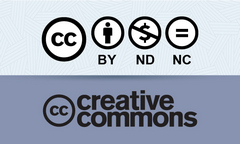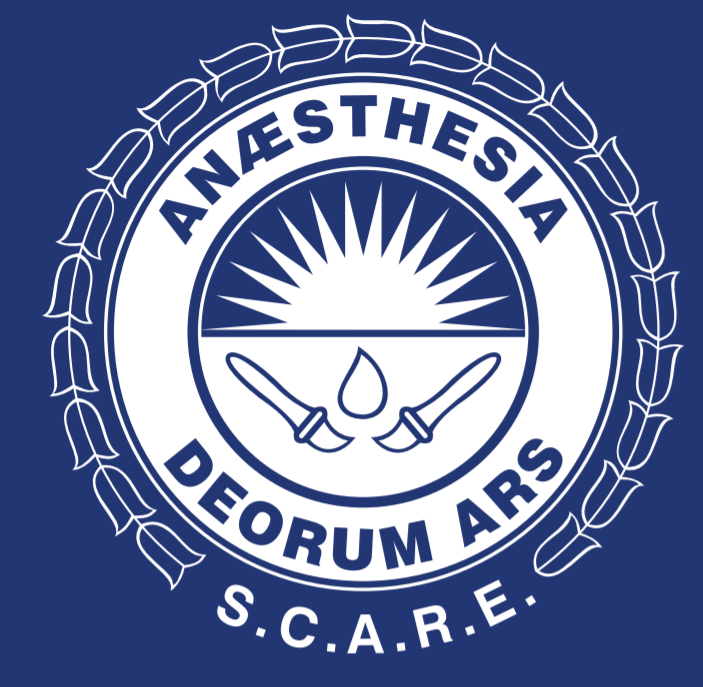Competency-based medical education: don’t wait for change, lead it!
References
1. Fraser AB, Stodel EJ, Chaput AJ. Curriculum reform for residency training: competence, change and opportunities for leadership. Can J Anesth 2016;63:875–884.
2. Frank JR, Snell LS, Cate OT, et al. Competency-based medical education: theory to practice. Med Teach 2010;32:638–645.
3. Zbieranowski I, Takahashi SG, Verma S, et al. Remediation of residents in difficulty: a retrospective 10-year review of the experience of a postgraduate board of examiners. Acad Med 2013;88:111–116.
4. Dudek NL, Marks MB, Regehr G. Failure to fail: the perspectives of clinical supervisors. Acad Med 2005;80:S84–S87.
5. Lockyer J, Carraccio C, Chan MJ, et al. ICBME Collaborators Core principles of assessment in competency-based medical education. Med Teach 2017;39:609–616.
6. Harris P, Bhanji F, Topps M, et al. ICBME Collaborators Evolving concepts of assessment in a competency-based world. Med Teach 2017;39:603–608.
7. Promes SB, WagnerMJ. Starting a clinical competency committee. J Grad Med Ed 2014;6:163–164.
8. Olmos-Vega FM, Bonilla-Ramirez AJ. 3 or 4 years for anesthesia residency program? How to approach the discussion in terms of competency-based education. Colombian Journal of Anesthesiology 2017;45:128–131.
9. Chiu M, Tarshis J, Antoniou A, et al. Simulation-based assessment of anesthesiology residents’ competence: development and implementation of the Canadian National Anesthesiology Simulation Curriculum (CanNASC). Can J Anesth 2016;63: 1357–1363.
2. Frank JR, Snell LS, Cate OT, et al. Competency-based medical education: theory to practice. Med Teach 2010;32:638–645.
3. Zbieranowski I, Takahashi SG, Verma S, et al. Remediation of residents in difficulty: a retrospective 10-year review of the experience of a postgraduate board of examiners. Acad Med 2013;88:111–116.
4. Dudek NL, Marks MB, Regehr G. Failure to fail: the perspectives of clinical supervisors. Acad Med 2005;80:S84–S87.
5. Lockyer J, Carraccio C, Chan MJ, et al. ICBME Collaborators Core principles of assessment in competency-based medical education. Med Teach 2017;39:609–616.
6. Harris P, Bhanji F, Topps M, et al. ICBME Collaborators Evolving concepts of assessment in a competency-based world. Med Teach 2017;39:603–608.
7. Promes SB, WagnerMJ. Starting a clinical competency committee. J Grad Med Ed 2014;6:163–164.
8. Olmos-Vega FM, Bonilla-Ramirez AJ. 3 or 4 years for anesthesia residency program? How to approach the discussion in terms of competency-based education. Colombian Journal of Anesthesiology 2017;45:128–131.
9. Chiu M, Tarshis J, Antoniou A, et al. Simulation-based assessment of anesthesiology residents’ competence: development and implementation of the Canadian National Anesthesiology Simulation Curriculum (CanNASC). Can J Anesth 2016;63: 1357–1363.
How to Cite
1.
Kealey A. Competency-based medical education: don’t wait for change, lead it!. Colomb. J. Anesthesiol. [Internet]. 2020 Jul. 1 [cited 2024 Jul. 27];48(3):107-10. Available from: https://www.revcolanest.com.co/index.php/rca/article/view/899
Downloads
Download data is not yet available.
Published
2020-07-01
How to Cite
1.
Kealey A. Competency-based medical education: don’t wait for change, lead it!. Colomb. J. Anesthesiol. [Internet]. 2020 Jul. 1 [cited 2024 Jul. 27];48(3):107-10. Available from: https://www.revcolanest.com.co/index.php/rca/article/view/899
Issue
Section
Editorial
| Article metrics | |
|---|---|
| Abstract views | |
| Galley vies | |
| PDF Views | |
| HTML views | |
| Other views | |














